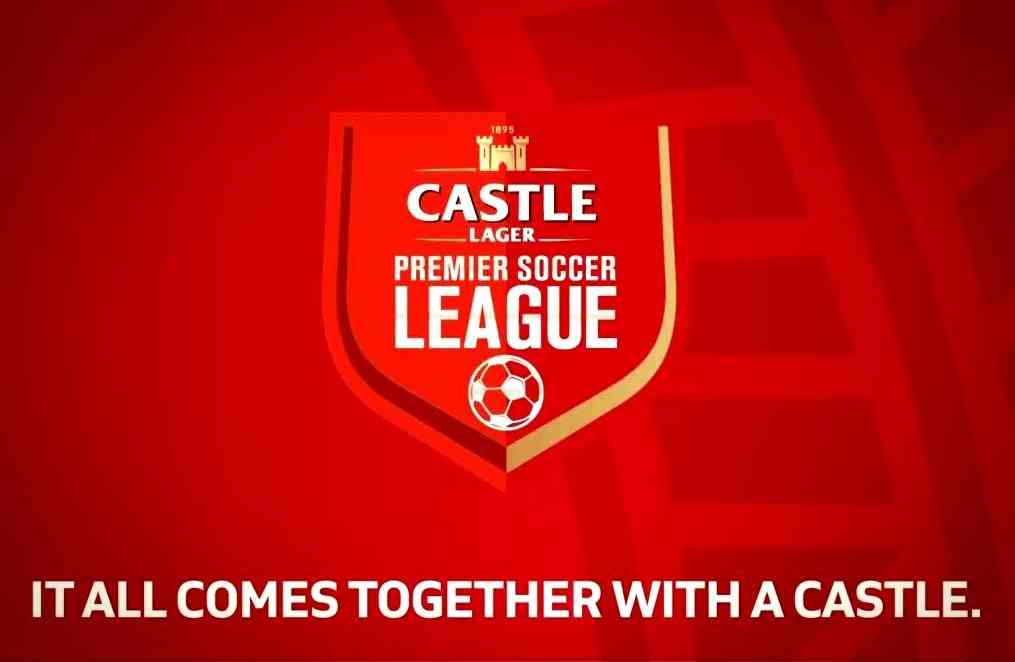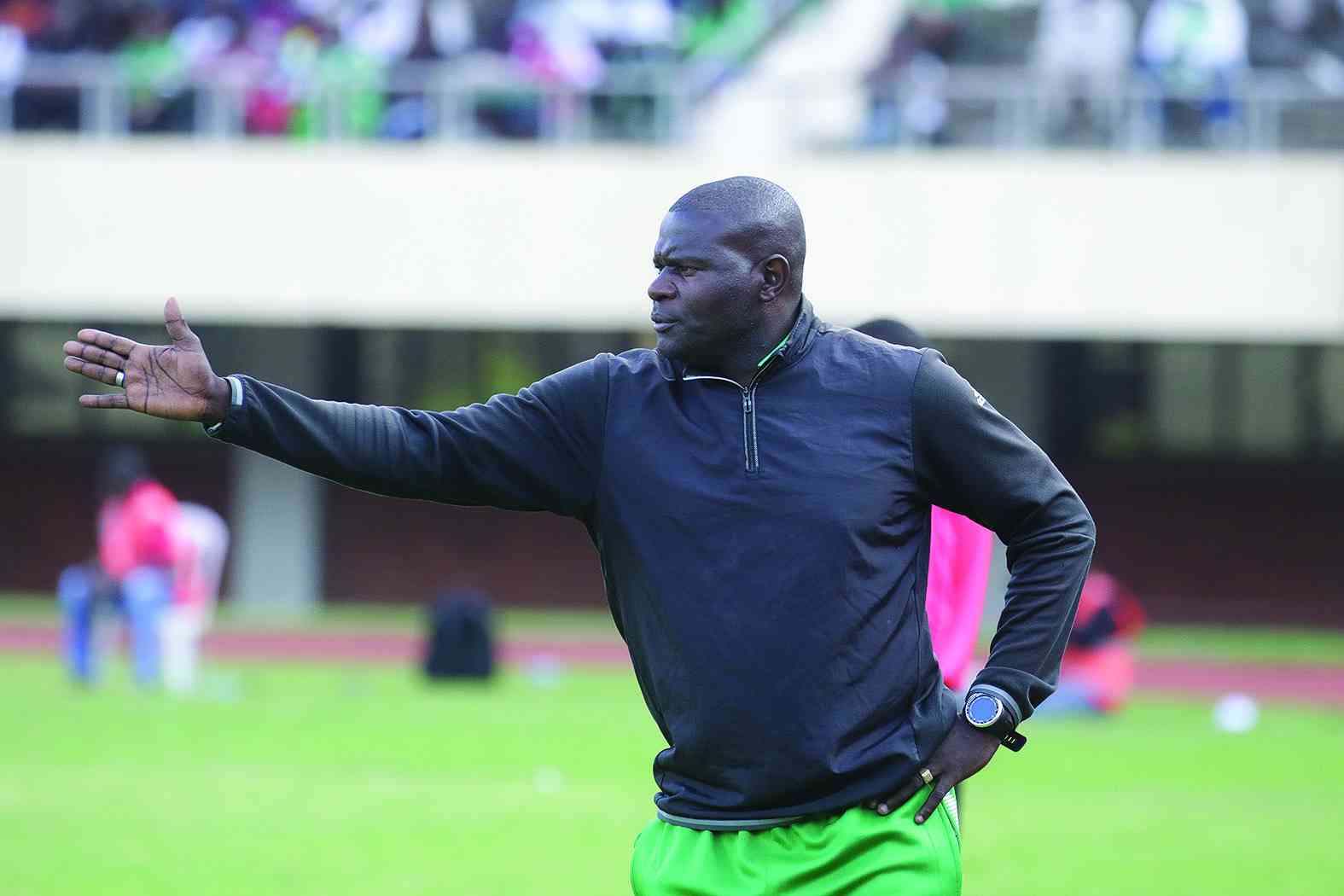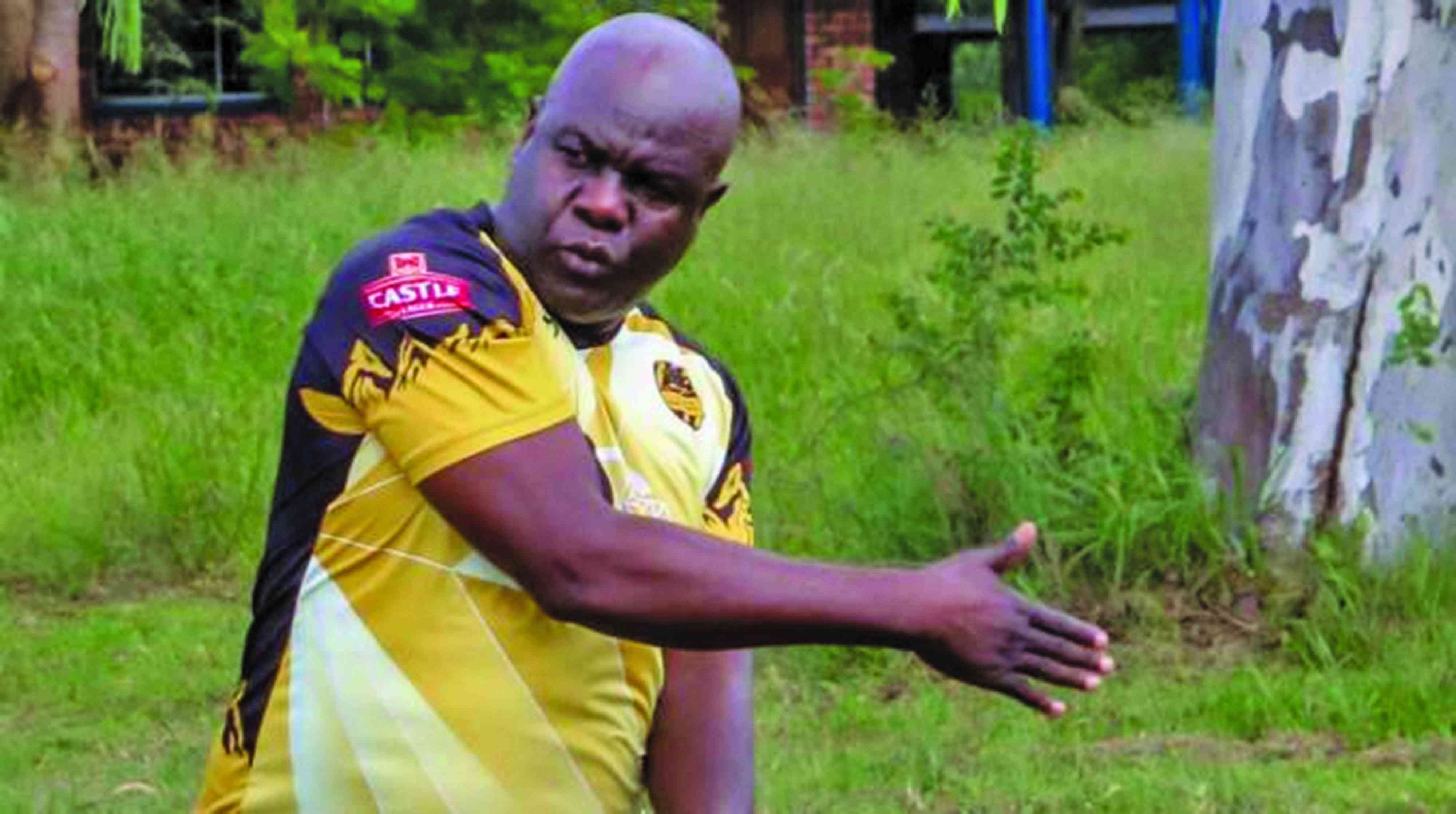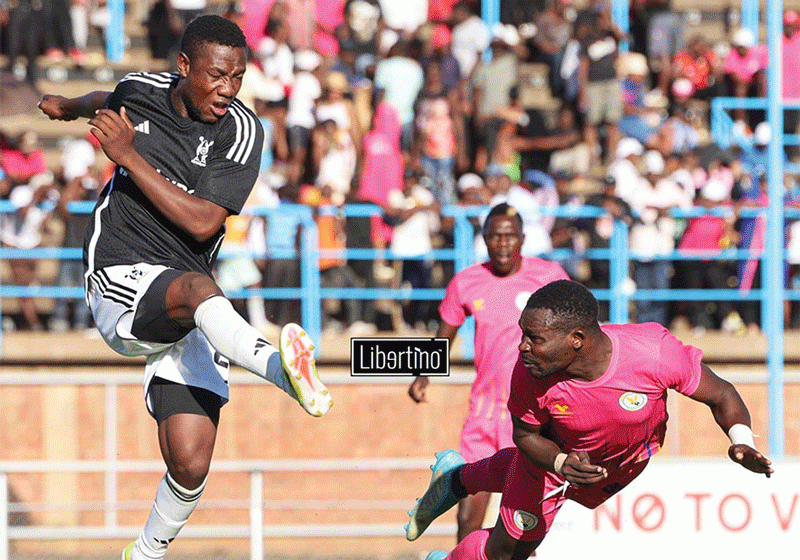
FORMER heavyweight boxing champion, Dereck Chisora escaped a driving ban in England by alleging that learning in Zimbabwe rendered him illiterate.
BY HENRY MHARA
The Zimbabwe-born boxer was stopped by London police in November 2015 for driving his $150 000 black Bentley Continental Sport Supa in Hyde Park, without insurance or an MOT certificate.
He was said to not have a valid driving licence.
Magistrates gave Chisora six points on his licence, which would have led to a six-month ban, which had been suspended as he appealed the sentence.
Appearing at the Croydon Crown Court, the 33-year-old boxer, who was born in Mbare before moving to England, argued special reasons for not having the papers, including learning in Zimbabwe.
Chisora attended Churchill High School in Harare before moving to London at the age of 16.
According to British media, Chisora told the court that he honestly believed his car was insured at the time after entrusting a friend and employee, Johnson Boateng or “Jay,” to arrange the cover.
- Chamisa under fire over US$120K donation
- Mavhunga puts DeMbare into Chibuku quarterfinals
- Pension funds bet on Cabora Bassa oilfields
- Councils defy govt fire tender directive
Keep Reading
When questioned by prosecutor Kaj Scarsbrook, Chisora admitted it was his responsibility as the driver to check the insurance, but because he was educated in Zimbabwe, he found reading documents “very hard”, prompting him to entrust the paperwork to someone else.
John Dye, representing Chisora, also argued his client would not risk driving without insurance, especially such a valuable car in which he drove his young daughter.
Asked why he believed he was insured, Chisora said: “I remember paying for two drivers. Him and myself. As an athlete, he helps me with the admin and anything, and he was there to help me buy the car. I get Jay to deal with my admin. And he dealt with the insurance. I pay him as an employee, but I don’t see it like that.”
Asked why he believed he had insurance, he said: “Because the money went out of my bank account. When I paid for it, I paid for two drivers, the money went out and I figured I was insured. I thought I was fine.”
The court was told on the day he was pulled over, Chisora managed to get insurance on the car on the roadside with the police, but his vehicle was still impounded by officers. The car was leased, and under the terms of the agreement, Chisora had to pay the full value of the vehicle to the finance company.
He said: “I was very upset because I didn’t have my car for six months and I had to pay the full amount for my car. I had to pay £120 000 ($148 542).”
He told the court short after he got it back, he had to sell the car, getting £72 000 for it.
The court also heard from Boetang, who said as far as he understood, he had insured Chisora and his brother-in-law on the car.
However, he could not remember if he saw any sort of confirmation email or letter from the insurance company.
Appeal panel chair, Marios Lambis approved Chisora’s plea and ordered that no driving ban would be effected on Chisora.
“In response to Chisora’s evidence, we were impressed by his calmness, his demeanour and his truthfulness and that there are special reasons to appeal this case,” he said.
Lambis said that he had the honest belief he [Chisora] was insured and “there were reasonable grounds for that belief” and the panel recognised the high financial costs the defendant had incurred from the case.
The judge said: “From all that, we don’t feel it would be appropriate or proportionate for any points to be awarded. Therefore, no points are necessary.”











